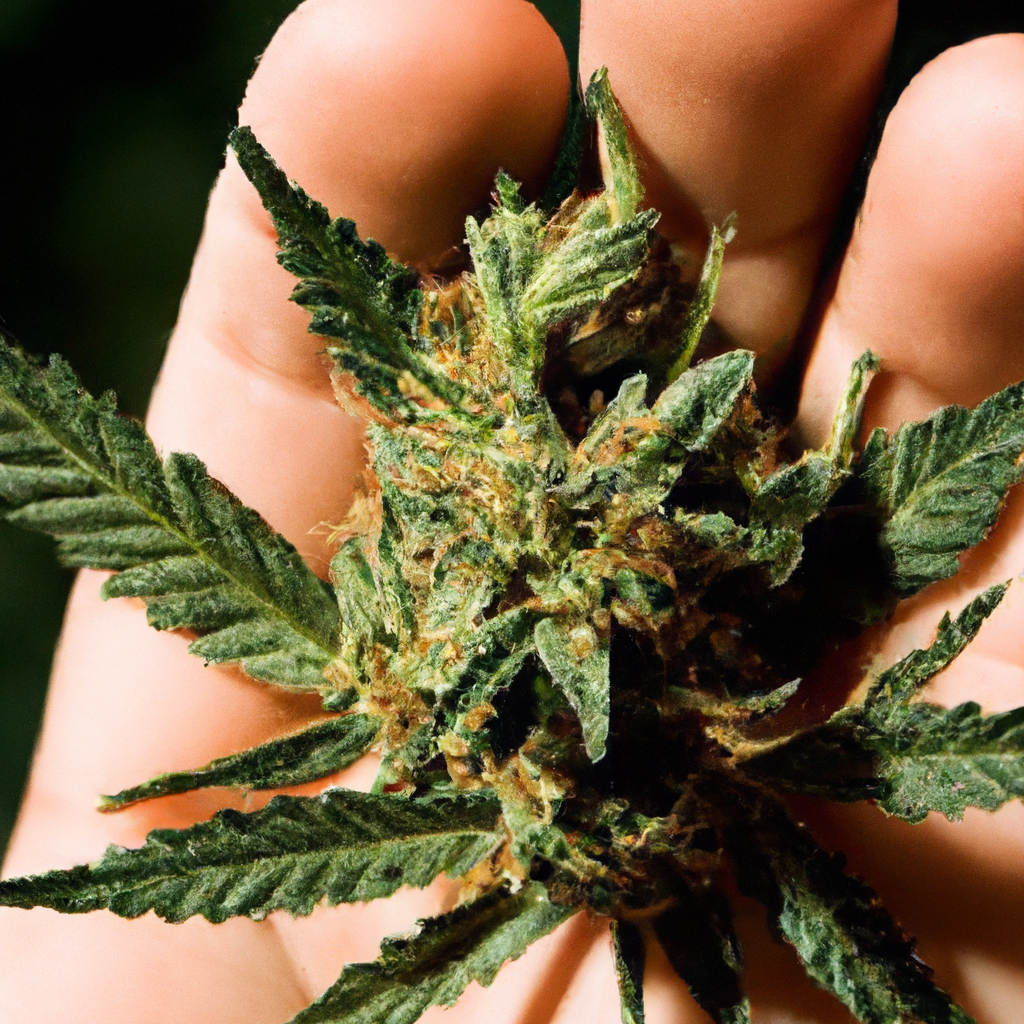Your cart is currently empty!
Introduction
Sleep deprivation is a growing concern worldwide, with many individuals facing challenges in achieving restful nights. Recent scientific exploration into cannabis has revealed promising insights into its potential to aid sleep improvement. In this article, we delve into the science behind cannabis and its impact on sleep quality, offering a comprehensive guide to understanding this emerging area of interest.
How Cannabis Influences Sleep
Cannabis contains various compounds, known as cannabinoids, which interact with the body’s endocannabinoid system—a critical player in regulating many physiological processes, including sleep. Two primary cannabinoids, THC (tetrahydrocannabinol) and CBD (cannabidiol), play differing roles in influencing sleep patterns.
- THC: Known to have a sedative effect, THC can decrease the time it takes to fall asleep. However, it’s essential to note that higher doses might lead to impaired sleep quality.
- CBD: Unlike THC, CBD is non-intoxicating and is often linked with improving wakefulness and reducing daytime sleepiness. Its calming properties can indirectly balance the sleep-wake cycle, making it a popular choice for those seeking sleep improvement without psychoactive effects.
Essential Tips for Using Cannabis for Sleep
For those considering cannabis for sleep improvement, the following tips can offer guidance:
- Consult a Professional: Before using cannabis for sleep, consult with a healthcare provider to ensure it’s suitable for your personal health conditions.
- Start with Low Doses: Begin with low doses and gradually adjust to find the optimal amount that impacts your sleep positively.
- Timing Matters: Use cannabis approximately 30 minutes to 1 hour before bedtime to allow your body to process the cannabinoids effectively.
- Choose the Right Strain: Indica strains or those high in CBD are generally preferred for their relaxing and sleep-promoting effects.
Real-World Example: User Testimonials
Numerous testimonials highlight the efficacy of cannabis in improving sleep quality. For instance, Sarah, a 35-year-old mother of two, shares her experience:
“After struggling with insomnia for years, incorporating a high-CBD strain into my nightly routine has transformed my sleep. I wake up feeling rested and ready to tackle the day ahead.”
Conclusion
The potential of cannabis as a tool for enhancing sleep quality is backed by scientific findings and real-world experiences. As research continues to evolve, understanding the nuances of cannabinoids can empower individuals seeking restful nights. Always prioritize safe use and seek professional guidance tailored to your health needs.


Leave a Reply